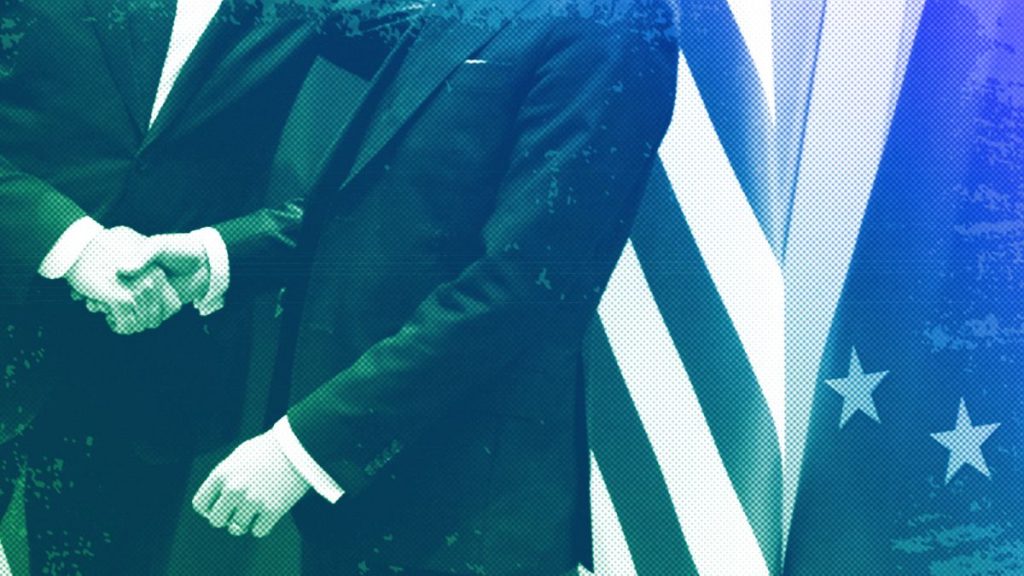In this article, Jörg Rocholl discusses the changing dynamics of the relationship between Europe and the United States, particularly in the context of the recent US presidential election. He emphasizes that Europe’s interests do not fully align with those of Washington, regardless of the election outcome, and that Europe must define and represent its own goals independently. Rocholl highlights the significant strategic changes taking place in US politics, with a shift towards focusing more on the Indo-Pacific region and viewing China as a major competitor. He also points out economic policy changes that may strain transatlantic cooperation, such as the Inflation Reduction Act and restrictions on European car manufacturers benefiting from US incentives for electric cars.
In response to these developments, Rocholl suggests several key implications for Europe. Firstly, he recommends that Europe increase spending on security and defence to strengthen its own capabilities and potentially gain American support. He also calls for greater cooperation among European states with significant defence industries to create a European innovation system. Secondly, Rocholl advocates for larger European capital markets and the strengthening of the euro as a global reserve currency, which would improve financing for innovation and growth in Europe and enhance its independence in international capital markets. Additionally, he emphasizes the importance of comprehensive trade agreements with other parts of the world, such as the Mercosur agreement, to diversify supply and sales markets and promote economic growth.
While the US remains Europe’s most important ally through NATO, Rocholl argues that there can be no equidistance in Europe’s relationship with China and the US. He stresses the need for Europe to recognize that its interests do not fully align with those of Washington and to draw the right conclusions from this realization. By increasing spending on security and defence, strengthening capital markets, and pursuing comprehensive trade agreements, Europe can enhance its strategic freedoms and economic growth. Ultimately, Rocholl asserts that Europe must define and represent its own goals independently of the US presidential election outcome, as massive strategic changes in US politics are already underway regardless of who is elected.
Jörg Rocholl, President of the European School of Management and Technology (ESMT) Berlin, urges Europe to focus on enhancing its own capabilities and strategic freedoms in response to shifts in US politics. He emphasizes the importance of increasing security and defence spending, fostering greater cooperation among European states with defence industries, and strengthening capital markets to improve financing for innovation and growth. By diversifying trade agreements and markets, Europe can promote economic growth and strengthen its independence from the US. Rocholl stresses that Europe must recognize that its interests do not fully align with those of Washington and take proactive steps to define and represent its own goals, regardless of the US presidential election outcome.


